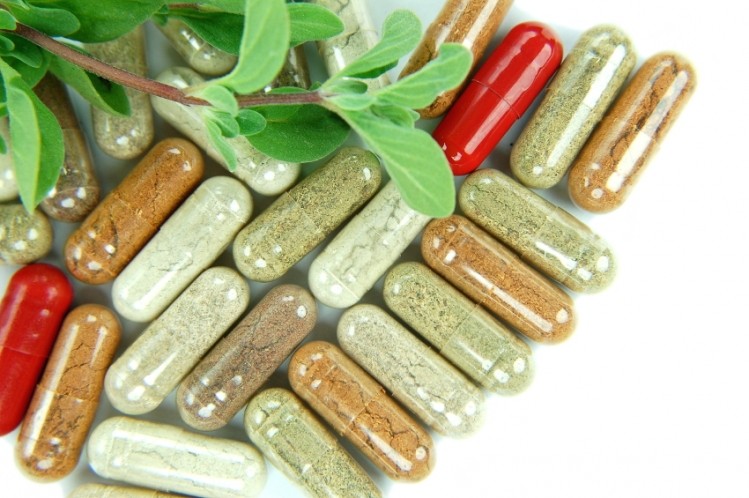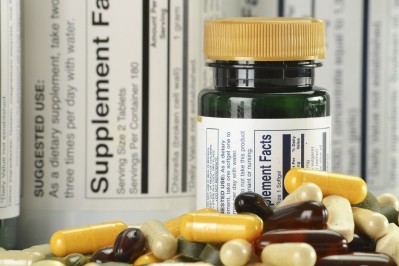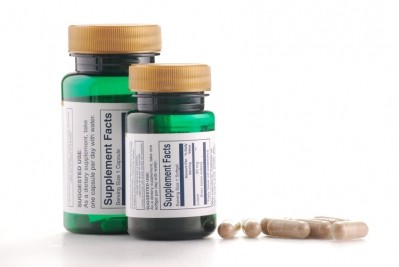JAMA: Cranberry for UTIs is the only herbal supported by some scientific evidence

The JAMA Patient Page (“a public service of JAMA”) states that patients should talk to their doctors about the products, but cautions that, with the exception of cranberry, “the efficacy of other commonly used herbal medications has not been proven”.
“For instance, the beneficial effect of St John’s wort for short-term treatment of mild to moderate depression is still debated. Use of Echinacea for treatment of colds is not supported by scientific data. Similarly, there is questionable evidence on the efficacy of ginseng, which is often used to improve physical and cognitive performance,” write Graziano Onder, MD, PhD, and Rosa Liperoti, MD, MPH.
“Ginkgo biloba has been marketed to improve memory and cognitive performance, but there is no consistent scientific evidence to support this use. The efficacy of garlic in lowering cholesterol levels, treating hypertension, and reducing cardiovascular risk is uncertain.
“Furthermore, no beneficial effect has been attributed to ginger for treatment of nausea or to soy for control of menopausal symptoms.”
The piece goes on to state: “There are numerous concerns related to the use of herbal medicines because unlike conventional medications, they are not regulated by the US Food and Drug Administration and manufacturers do not have to prove the safety and efficacy of herbal medications before they are made available to the public.”
“Flat-out wrong”
In response to the Patient Page, Steve Mister, president and CEO of the Council for Responsible Nutrition (CRN), said: “The Patient Page is flat-out wrong to suggest that only one herb is supported by scientific evidence—a quick search of PubMed for any particular popular herb will produce dozens of scientific studies linking these products to research on various health conditions. Granted, this research may not be focused solely on randomized clinical trials (RCTs) as drug research would, but RCTs are necessary for drugs because they are used to treat disease and can have serious side effects.
“In contrast, herbs have been used safely for thousands of years by different cultures globally and are primarily used today as dietary supplements to maintain health and for mild health conditions. Further, from a practical standpoint, consumers may be more interested in their own experience of benefits rather than the results of clinical trials. Many patients would prefer to take products that may offer some benefit, rather than take nothing while waiting for the perfect clinical trial. It is important that these patients communicate openly with their doctors about their choices.
Mister continued: “By focusing on alarmist tactics, cherry-picking the science, and spreading misinformation, rather than embracing the patient’s desire to focus on a health-based lifestyle that goes beyond prescription medications, physicians could be losing an important opportunity to ensure that their patients are open about what they’re taking.
“The authors may not like the way supplements are regulated, but it is inaccurate to state they are not regulated by the US Food and Drug Administration (FDA). Supplements are subject to extensive manufacturing and labeling requirements and FDA has enforcement tools to be sure they are followed. Further, even with highly-regulated pharmaceuticals, pre-market testing doesn’t prove safety, and as we are all aware, sometimes these drugs are later recalled for safety issues.”
“A missed opportunity for dialogue and patient trust”
Mister did say that CRN does agree that patients should let their physicians and other healthcare practitioners know about the herbal supplements they use and how much they are taking, just as they should let them know about their prescription drugs, over-the-counter medications, and even significant changes in diet.
“Research shows that supplement users engage in a constellation of healthy practices and are higher educated than non-supplement users. We believe that supplement users want to play an active role in identifying ways to stay healthy and live longer; and they are looking for doctors to be partners, sharing their knowledge but being open to a patient’s interest in a healthcare paradigm that goes beyond an over-reliance on pharmaceuticals as the only means to stay healthy.
“The reason this is all so important is because doctors and other healthcare practitioners do need to know what their patients are putting into their bodies. Some supplements can reduce the effectiveness of prescription drugs, just as there are prescription drugs that result in nutrient depletions. In fact, there are even some interactions resulting between foods and prescription medications.
“So the JAMA Patient Page on Herbal Medications is, in theory, a necessary educational tool that raises some important discussion points for doctors and patients. Unfortunately, its close-minded approach creates a missed opportunity for dialogue and patient trust.”
Source: JAMA
March 8, 2016, Volume 315, Number 10, Page 1068, doi:10.1001/jama.2015.19388
“Herbal Medications”
Authors: G. Onder, R. Liperoti


















